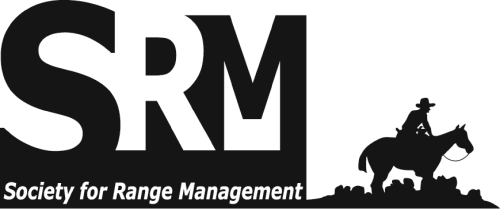Rangelands are valued for their capacity to provide diverse suites of ecosystem services, from food production to carbon storage to biological diversity. Although rangelands worldwide share common characteristics, differences among biogeographic regions result in differences in the types of opportunities for ranchers and other rangeland managers to preserve and enhance multiple services. For instance, opportunities to use grazing to promote biodiversity while meeting growing global demand for beef vary among the rangelands of Mediterranean California, the Chihuahuan Desert, and the Great Plains, USA. The drivers of these regional differences are biophysical, social, and economic. Understanding the drivers and their interactions can improve planning for regionally specific grazing practices, land uses, funding programs, and scientific research that optimize the provision of multiple services from U.S. rangelands. We present a model identifying the drivers that differentiate regional opportunities, and use it to compare grazing management options in Mediterranean California with those in other rangeland regions across the United States.

Oral presentation and poster titles, abstracts, and authors from the Society for Range Management (SRM) Annual Meetings and Tradeshows, from 2013 forward.